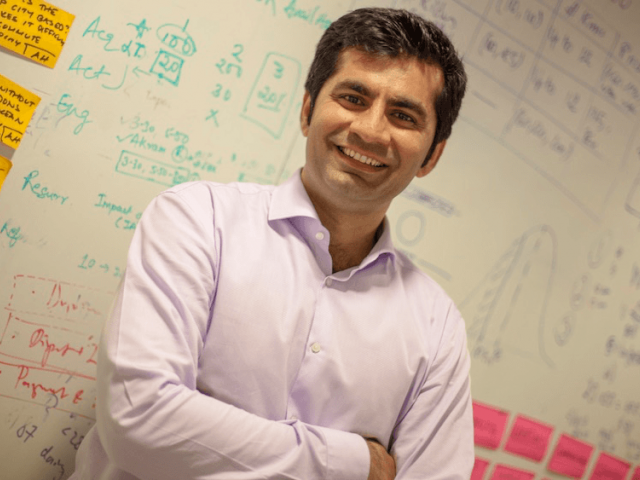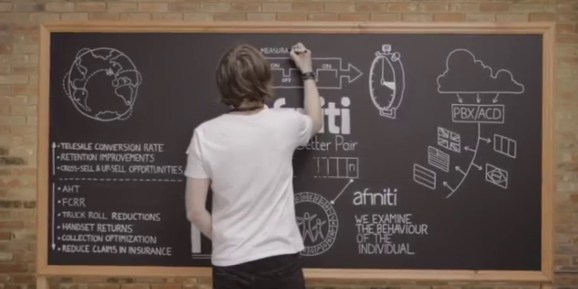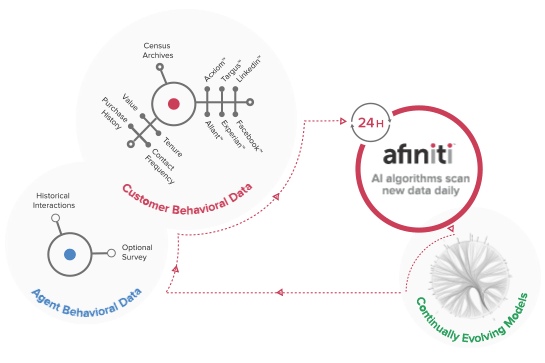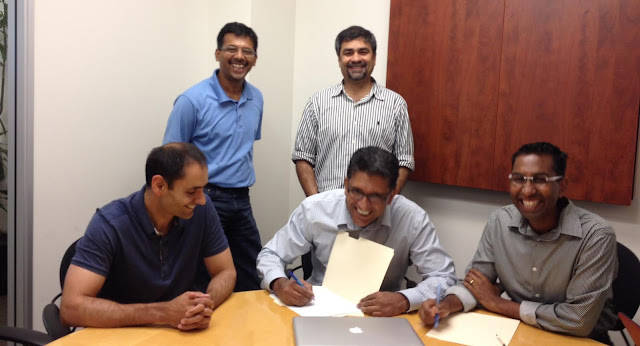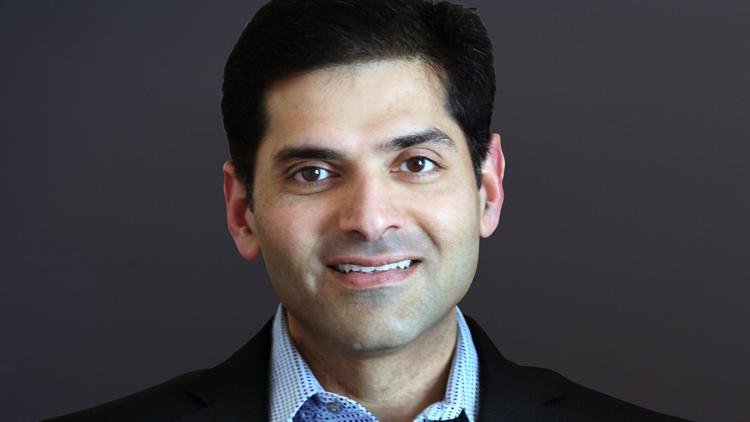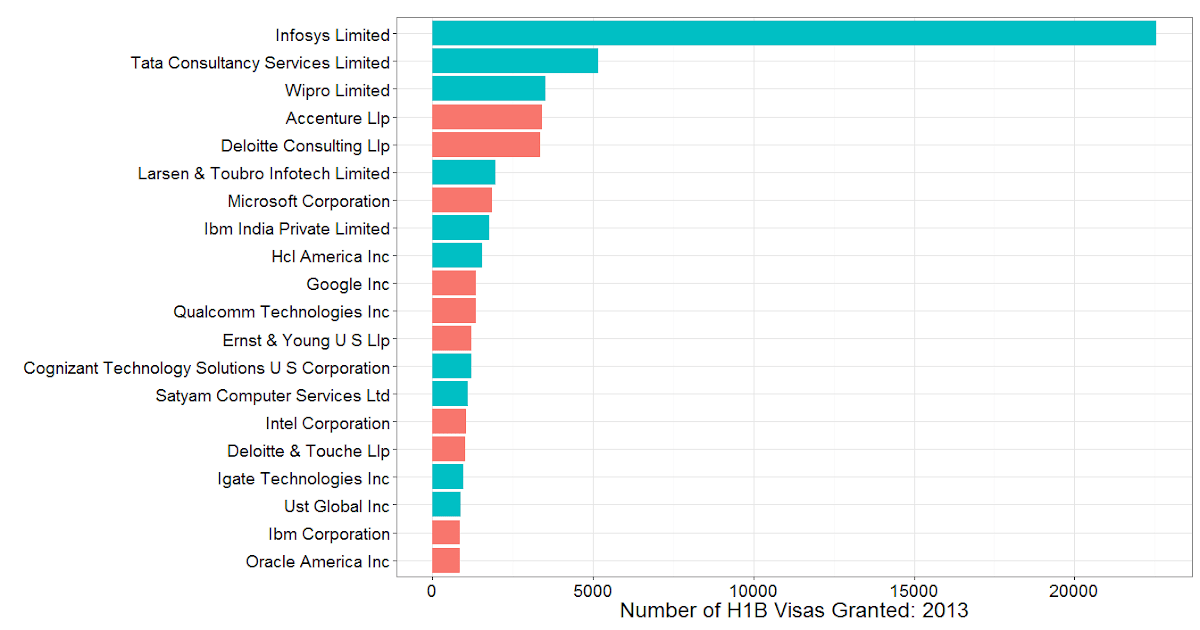I am starting this thread to list and talk about IT-related industries in Pakistan and companies set up by Pakistanis in different countries.
Thanks to Riazhaq.com who does an outstanding job informing us of the latest IT happenings in Silicon Valley.
First Billion dollar value parent company of Zameen.com.....owned and started from Pakistan by a Pakistani Imran Ali Khan.
Bayut & Zameen parent EMPG raises $150 million at a valuation of over $1 billion, announces merger with OLX in a few markets

ByZubair Naeem Paracha
Posted on April 28, 2020 - Like & Follow Us
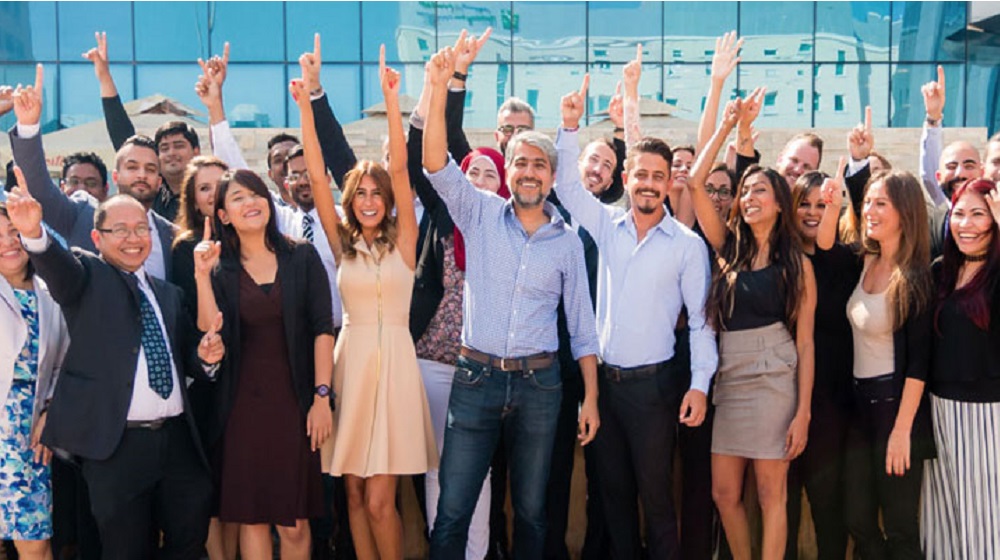
Dubai-based Emerging Markets Property Group (EMPG) that runs property portals in different emerging markets across the world including Bayut in Dubai, Zameen in Pakistan, and Mubawab in North Africa, has become a unicorn after raising a $150 million round led by OLX Group and its existing shareholders, the company announced in a statement to MENAbytestoday.
EMPG did not disclose the exact valuation but said the deal values the company at over $1 billion post-transaction.
The deal includes merger of OLX Group’s classifieds business with Emerging Markets Property Group (EMPG) in Pakistan, Egypt, Lebanon, and the United Arab Emirates.
OLX Group with the deal has become the single largest shareholder of EMPG, owning 39 percent of the company. The $150 million investment is fresh cash injection and will be used by the company to develop a range of new services, creating a more seamless user experience, enhancing data transparency, and deepening market intelligence for both consumers and business users.
According to the statement, EMPG will operate existing OLX platforms in Egypt & Lebanon, and roll out new services for the real estate community. EMPG before the deal did not have any presence in Egypt & Lebanon.
In Pakistan & United Arab Emirates, the platform of both the groups which apparently include EMPG’s Zameen & Bayut and OLX Groups’ OLX and Dubizzle, will be operated EMPG.
EMPG will also operate OLX’s platforms in Saudi Arabia, Bahrain, Kuwait, Qatar, and Oman after this deal.
The statement notes that the aggregated value of properties sold in these markets is estimated at $90 billion, providing a commission pool for real estate agencies of over US $2 billion per annum, “This presents a great opportunity for EMPG to enhance their real estate services in these markets.”
Imran Ali Khan, the co-founder, and CEO of EMPG, said, “EMPG has grown at a tremendous pace since its inception. Our unique ability to scale using our proprietary tech has aided and enabled this expansion. This deal puts us one step further in our journey towards providing solutions in multiple markets to over a billion consumers around the world, expanding our classifieds offering significantly.”
Martin Scheepbouwer, CEO of OLX Group, says “I’m proud of what we have built in these four markets. Our brands are household names, and currently help tens of millions of people to exchange goods and services every month. The next phase is an exciting one, with EMPG’s real estate industry expertise helping deepen the customer experience. As EMPG’s largest shareholder, we’ll have a front seat to explore how we can scale their services model further – taking our ambition to shape the future of classifieds into its next stage.”
Haider Ali Khan, Head of EMPG – MENA on this collaboration: “We, at Bayut and EMPG, are very excited about the future of the UAE real estate industry and the prospects of real estate in the MENA region. This merger of EMPG and OLX will allow us to better serve our customers, given that both operate brands with a strong following and will allow us to leverage existing tech and data to paint a more accurate picture of the state of affairs in the real estate industry across the region.”
“At the same time, we will be making significant technology investments to provide more value to all users of property, automotive and other segments of the Dubizzle and OLX platforms. I look forward to a bright and prosperous future for the group,” he added.
EMPG is currently present in the GCC region with Bayut, Pakistan with Zameen, Bangladesh with Bproperty, Morocco and Tunisia with Mubawab, and Thailand with Kaidee.
Thanks to Riazhaq.com who does an outstanding job informing us of the latest IT happenings in Silicon Valley.
First Billion dollar value parent company of Zameen.com.....owned and started from Pakistan by a Pakistani Imran Ali Khan.
Bayut & Zameen parent EMPG raises $150 million at a valuation of over $1 billion, announces merger with OLX in a few markets

ByZubair Naeem Paracha
Posted on April 28, 2020 - Like & Follow Us

Dubai-based Emerging Markets Property Group (EMPG) that runs property portals in different emerging markets across the world including Bayut in Dubai, Zameen in Pakistan, and Mubawab in North Africa, has become a unicorn after raising a $150 million round led by OLX Group and its existing shareholders, the company announced in a statement to MENAbytestoday.
EMPG did not disclose the exact valuation but said the deal values the company at over $1 billion post-transaction.
The deal includes merger of OLX Group’s classifieds business with Emerging Markets Property Group (EMPG) in Pakistan, Egypt, Lebanon, and the United Arab Emirates.
OLX Group with the deal has become the single largest shareholder of EMPG, owning 39 percent of the company. The $150 million investment is fresh cash injection and will be used by the company to develop a range of new services, creating a more seamless user experience, enhancing data transparency, and deepening market intelligence for both consumers and business users.
According to the statement, EMPG will operate existing OLX platforms in Egypt & Lebanon, and roll out new services for the real estate community. EMPG before the deal did not have any presence in Egypt & Lebanon.
In Pakistan & United Arab Emirates, the platform of both the groups which apparently include EMPG’s Zameen & Bayut and OLX Groups’ OLX and Dubizzle, will be operated EMPG.
EMPG will also operate OLX’s platforms in Saudi Arabia, Bahrain, Kuwait, Qatar, and Oman after this deal.
The statement notes that the aggregated value of properties sold in these markets is estimated at $90 billion, providing a commission pool for real estate agencies of over US $2 billion per annum, “This presents a great opportunity for EMPG to enhance their real estate services in these markets.”
Imran Ali Khan, the co-founder, and CEO of EMPG, said, “EMPG has grown at a tremendous pace since its inception. Our unique ability to scale using our proprietary tech has aided and enabled this expansion. This deal puts us one step further in our journey towards providing solutions in multiple markets to over a billion consumers around the world, expanding our classifieds offering significantly.”
Martin Scheepbouwer, CEO of OLX Group, says “I’m proud of what we have built in these four markets. Our brands are household names, and currently help tens of millions of people to exchange goods and services every month. The next phase is an exciting one, with EMPG’s real estate industry expertise helping deepen the customer experience. As EMPG’s largest shareholder, we’ll have a front seat to explore how we can scale their services model further – taking our ambition to shape the future of classifieds into its next stage.”
Haider Ali Khan, Head of EMPG – MENA on this collaboration: “We, at Bayut and EMPG, are very excited about the future of the UAE real estate industry and the prospects of real estate in the MENA region. This merger of EMPG and OLX will allow us to better serve our customers, given that both operate brands with a strong following and will allow us to leverage existing tech and data to paint a more accurate picture of the state of affairs in the real estate industry across the region.”
“At the same time, we will be making significant technology investments to provide more value to all users of property, automotive and other segments of the Dubizzle and OLX platforms. I look forward to a bright and prosperous future for the group,” he added.
EMPG is currently present in the GCC region with Bayut, Pakistan with Zameen, Bangladesh with Bproperty, Morocco and Tunisia with Mubawab, and Thailand with Kaidee.
Last edited:


